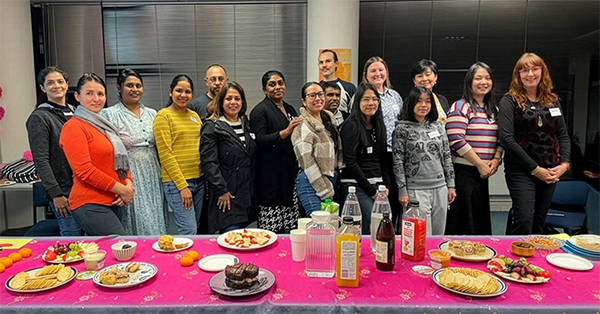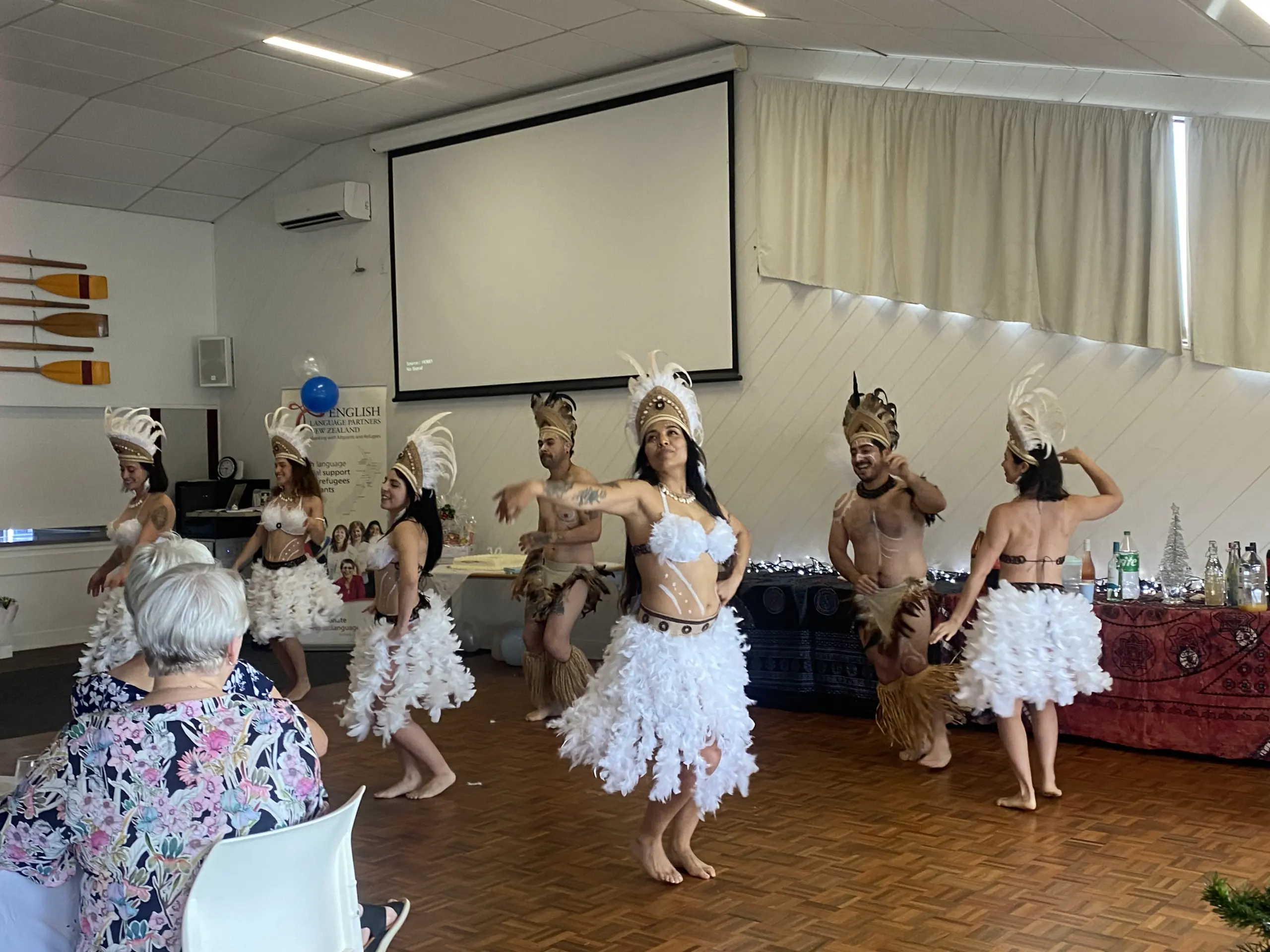Loneliness kills
“Loneliness kills. It’s as powerful as smoking or alcoholism.” – Robert Waldinger.
A number of longitudinal studies out of Harvard show that “Close relationships, more than money or fame, are what keep people happy throughout their lives. Those ties protect people from life’s discontents, help to delay mental and physical decline, and are better predictors of long and happy lives than social class, IQ, or even genes.”
The study noted that the state of a person’s relationship at age 50 was a better predictor of physical health than cholesterol levels. The people who were most satisfied in their relationships at age 50 were the healthiest at age 80.
These findings don’t present a new idea for many working in the community sector. We see the impact of loneliness on people’s health and wellbeing on a daily basis.
English Language Partners works with former refugees and migrants. We see the negative effects of immigration policies that prevent families from being together. Former refugees frequently express anxiety for close family members (including children) who remain in refugee camps or unimaginable life situations. New Zealand’s highly restrictive policy for reunifying a person with their partner or dependent children has just 300 places available each year. These places are allocated through a ballot system which has a waiting list extending for years. The likelihood of sponsoring a sibling or other close family relative is even more hopeless.
This policy prevents people, already traumatised by war and personal loss, from getting on with their lives and rising to their full potential. New Zealand reaps the cost of this through poorer health and mental health outcomes and reduced capacity for gaining language skills that support independence and access to good employment.
Loneliness is not confined to newcomer populations though. Growing numbers of older people and the homeless are particularly vulnerable to loneliness and the negative outcomes this brings. Addressing this problem is a challenge for society. One that we must all work on together.
Read more about the Harvard study (including a TED Talk)


















